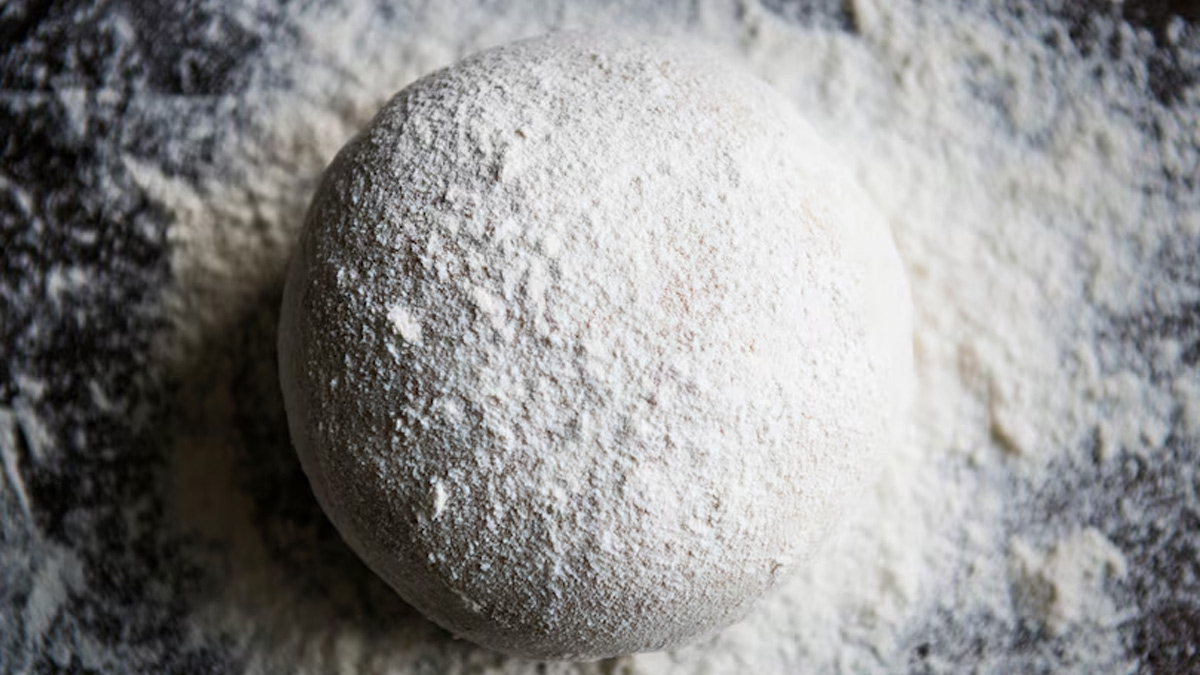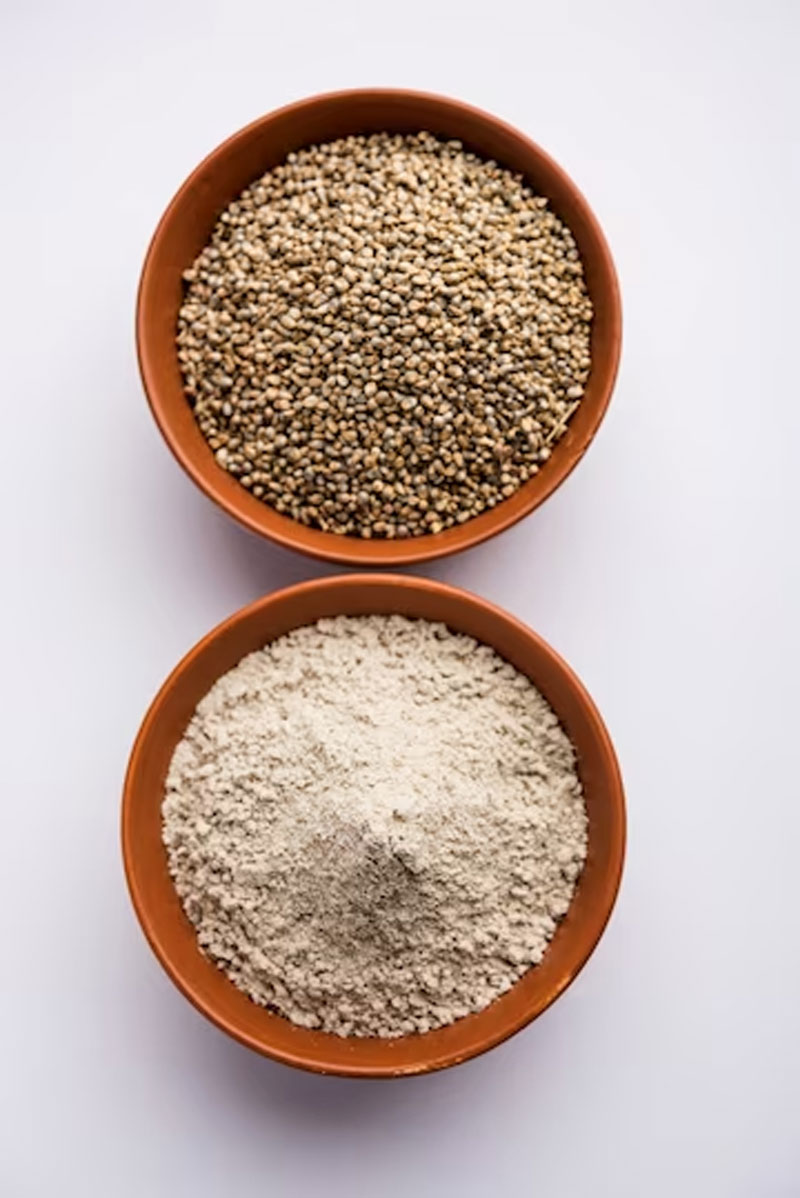
Struggling to resist kachoris, samosas, pasta, pizzas, and other indulgent treats? Do cravings for burgers and papdi chaat keep pulling you towards unhealthy snacks? While these foods may satisfy your taste buds, their key ingredient, maida (refined flour), could be silently harming your health in ways you might not realise. From breads and cakes to biscuits and fried snacks, maida is found in numerous processed foods. However, while its soft texture and neutral taste make it a favourite in kitchens, health experts warn that maida is far from being a healthy choice.
Table of Content:-
To understand more about the harmful effects of maida on our gut and health, OnlyMyHealth team interacted with Dr Amol Dahale, Consultant Gastroenterologist, DPU Superspeciality Hospital.
What Makes Maida Harmful?

Dr Dahale highlights a major shift in our diets over the years, “Our diet has evolved from natural, unprocessed foods to highly refined alternatives. While refinement enhances taste and texture, it often compromises health. Wheat, once consumed in its whole form, is now widely processed into refined flour (maida).”
Maida is made by stripping wheat of its outer bran and germ, leaving only the starchy endosperm. This refining process removes essential vitamins, minerals, and dietary fibre, leaving behind what is often termed as “empty calories.”
“Though soft and palatable, maida lacks essential vitamins and fibre, offering only empty calories. Its consumption can lead to constipation, vitamin deficiencies, and gut microbiome imbalance, triggering a cascade of health issues,” says Dr Dahale.
Also read: Health Benefits Of Avoiding Maida From Your Diet
Maida and Gut Health: The ‘Glue’ Effect

One of the biggest concerns surrounding maida is its impact on gut health. Without fibre, refined flour moves sluggishly through the digestive tract, often leading to constipation and bloating. Additionally, it has a high glycaemic index, which means it quickly raises blood sugar levels and may contribute to insulin resistance.
The term “glue for your gut” comes from maida’s sticky nature when mixed with water. This can lead to sluggish digestion and an unhealthy gut environment. A poor gut microbiome can affect immunity, mental health, and metabolic functions, creating long-term health complications.
How Maida Contributes to Chronic Diseases
Several studies have linked excessive maida consumption to obesity, diabetes, and cardiovascular diseases. Dr Dahale warns, “Research links maida to rising obesity and diabetes rates, making it a major dietary concern.” Since maida lacks fibre and digests quickly, it causes sudden blood sugar spikes, which over time can lead to insulin resistance – a precursor to type 2 diabetes. Moreover, excessive maida-based products often contain trans fats and additives, which further increase the risk of heart disease.
Healthier Alternatives to Maida

Instead of refined flour, experts recommend opting for whole grains that provide more nutrients and promote better digestion. Dr Dahale suggests, “To support gut health, it's best to replace maida with coarser grains like dalia and opt for rotis made from whole, unrefined flour.”
Whole wheat flour, millet (bajra, jowar), ragi, and oats are excellent alternatives that offer fibre, vitamins, and minerals essential for overall health.
Also read: Here's Why You Should Choose Millet Flours Over Wheat And Maida
Tips to Reduce Maida Intake
If you want to improve your gut health and overall well-being, here are some practical tips to cut down on maida:
Choose Whole Grains: Replace maida rotis with whole wheat or multigrain alternatives.
Limit Bakery Products: Cakes, biscuits, and pastries are often loaded with maida—opt for homemade, whole-grain versions instead.
Read Labels Carefully: Many packaged foods contain hidden maida. Always check ingredient lists before purchasing.
Cook at Home: Preparing meals at home gives you control over ingredients, reducing reliance on processed foods.
Increase Fibre Intake: Eat more fruits, vegetables, and legumes to balance digestion and promote gut health.
Dr Dahale advises, “Additionally, reducing bakery products, typically high in maida, can help maintain better overall well-being. Prioritising unprocessed, fibre-rich foods ensures a healthier digestive system and reduces the risk of chronic diseases.”
Conclusion
While maida might be convenient and tasty, its impact on gut health and long-term wellness is concerning. Eliminating or significantly reducing refined flour from your diet can be a simple yet effective step towards better digestion, balanced blood sugar, and reduced risk of chronic illnesses. “Avoiding maida is a small step toward long-term wellness,” Dr Dahale concludes.
Also watch this video
How we keep this article up to date:
We work with experts and keep a close eye on the latest in health and wellness. Whenever there is a new research or helpful information, we update our articles with accurate and useful advice.
Current Version